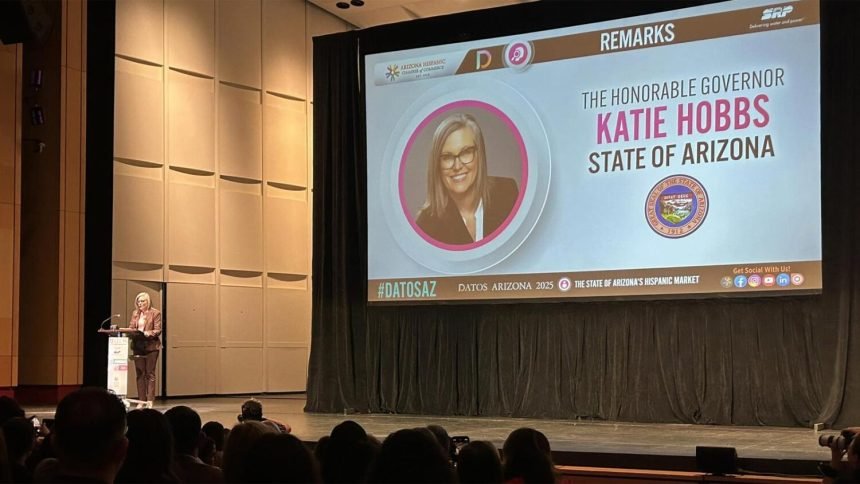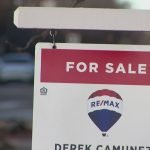PHOENIX — Arizona’s Hispanic community is growing, and so is its impact on the state’s economy.
On Tuesday, the Arizona Hispanic Chamber of Commerce released its 29th annual DATOS report, a comprehensive analysis focused on the state’s Hispanic residents and the issues affecting them.
Not including undocumented immigrants, Hispanics make up 32% of the state’s population compared to just 19.4% nationally. The community also equals $72 billion in purchasing power.
Phoenix mayor says business can’t ignore data on Hispanic community
Phoenix Mayor Kate Gallego said companies are taking notice of the Hispanic community’s economic potential.
“In Maryvale, our community was asking for a variety of different new businesses, and for a while I think some of the national businesses in particular didn’t get it. … They were skeptical, but DATOS lets us tell the story,” she said.
Gallego added that the information allows the city to recruit companies more easily.
“We can go to businesses and say, ‘You’re doing well in Desert Ridge — that’s a $2 billion economic zone — but Maryvale, double that, $4 billion.’ And they have been so successful,” she said.
Gallego said the second most popular Starbucks in the country is located in Maryvale, which has led to three more Starbucks and six additional Dutch Bros. opening in the west Phoenix area.
Gov. Katie Hobbs highlighted the DATOS report as a cornerstone in the Hispanic Chamber of Commerce’s advocacy efforts while providing resources for entrepreneurs.
“It is critical to the growth and prosperity of our communities across the state,” Hobbs said. “It helps us understand gaps, … allows us to better meet their needs and provides unique, unparalleled insights.”
The governor said the gaps include inequitable access to financial capital for entrepreneurs. Latino-owned businesses grew 44% nationwide between 2018 and 2023, compared to a 3% decrease for non-Hispanic white-owned ones. However, only 20% of Latino-owned businesses received funding, which was half of their non-Hispanic white counterparts.
Hobbs also pointed to pay disparity and student absenteeism as other gaps that need to be addressed.












